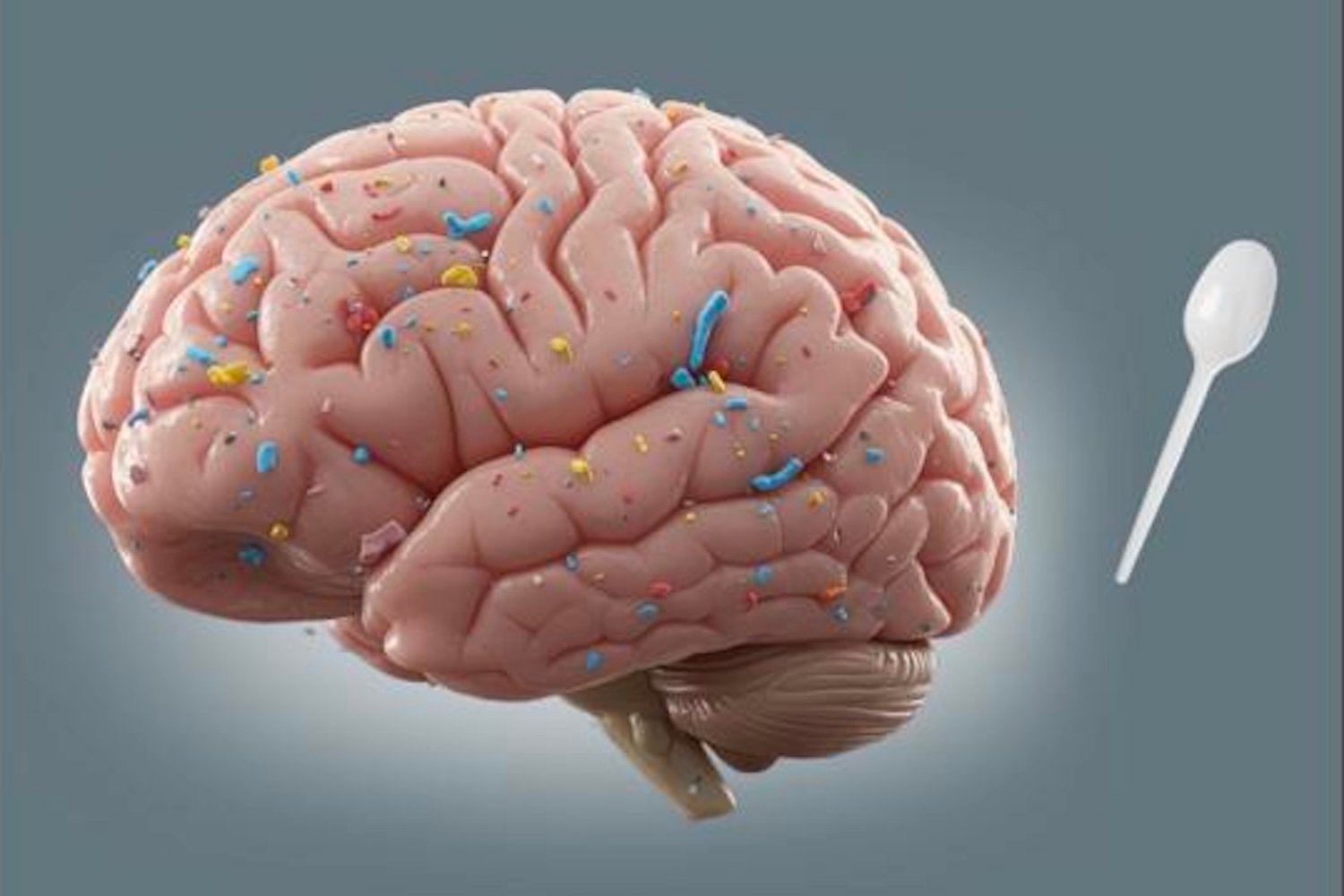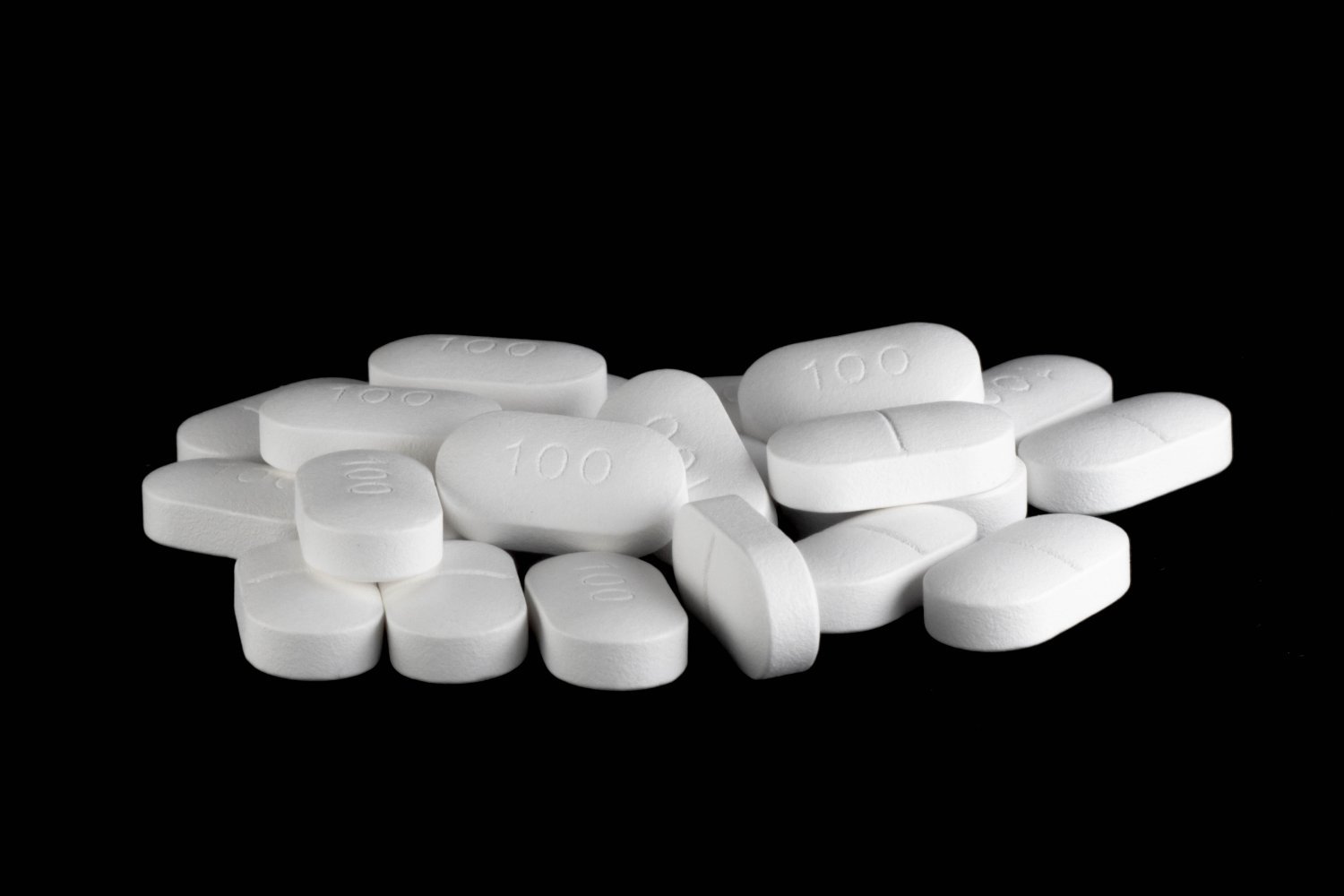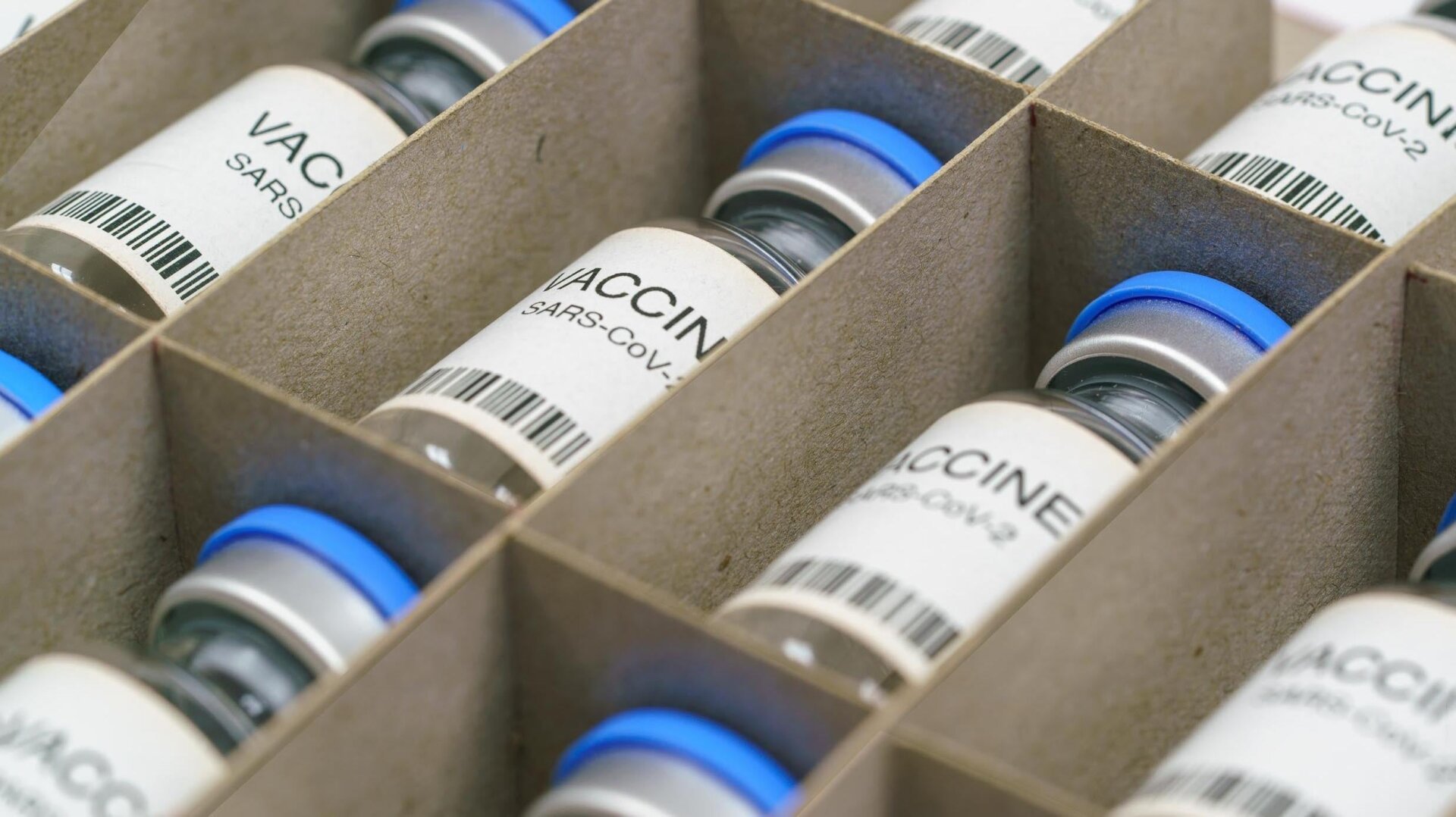Microplastics have been found in everything from sea turtles to human testicles, but their recent discovery in human brains has raised serious concerns. A new review study published in Brain Medicine suggests that these tiny plastic particles might be the missing link between ultra-processed foods and neurological disorders like depression and dementia.
The study’s lead author, Nicholas Fabiano, a psychiatry resident at the University of Ottawa, points out the converging evidence should concern us all. Ultra-processed foods, which often contain high concentrations of microplastics, now make up over 50% of the energy intake in countries like the United States. Several studies indicate a correlation between the level of food processing and the amount of microplastics present. For instance, one study revealed chicken nuggets contain 30 times more microplastics per gram than chicken breasts, likely due to increased plastic exposure during processing and packaging, as highlighted by the Food Processing Forum.
Recent research has shown that microplastics can penetrate the blood-brain barrier, the protective layer shielding the brain from harmful substances. The researchers behind the brain microplastic study, led by University of New Mexico scientists, believe microplastics may bypass this barrier by attaching to fat molecules. Once inside the brain, these particles induce oxidative stress, damaging cells and increasing the risk of neurological disorders. The study suggests microplastics may particularly affect neurotransmitters involved in neuropsychiatric disorders such as depression and dementia, although further research is needed to confirm this claim.
Interestingly, these adverse effects mirror those associated with ultra-processed foods. Previous research has linked ultra-processed food consumption to a higher risk of depression, anxiety, and poor sleep quality. Multiple studies have also connected such diets to an increased risk of dementia. This has led Fabiano and his colleagues to propose that microplastics could be a hidden factor driving the neurological disorders associated with ultra-processed food consumption.
Co-author Wolfgang Marx, senior research fellow at Deakin University, emphasizes the compelling nature of this hypothesis due to the significant overlap in biological mechanisms. Both ultra-processed foods and microplastics appear to operate through similar pathways, including inflammation, oxidative stress, epigenetics, mitochondrial dysfunction, and disruptions to neurotransmitter systems.
While this news is concerning, a complementary study, also published in Brain Medicine, offers a potential solution: extracorporeal apheresis. This established medical technique involves filtering a patient’s blood to remove unwanted substances, including potentially microplastics. The process involves separating blood into plasma and blood cells, filtering the plasma to remove impurities, and then returning the cleansed components to the patient. Initial tests with 21 patients showed that at least two rounds of double-filtration apheresis successfully removed microplastics from their blood.
Stefan Bornstein, lead author of the apheresis study and a professor at King’s College London, acknowledges the need to reduce microplastic exposure through better food choices and packaging alternatives. However, he also stresses the importance of researching methods to remove these particles from the body. While further research is necessary, apheresis may offer a promising avenue for microplastic removal.
As the global plastic crisis intensifies, exploring ways to protect ourselves from microplastics may be crucial for maintaining cognitive health.











